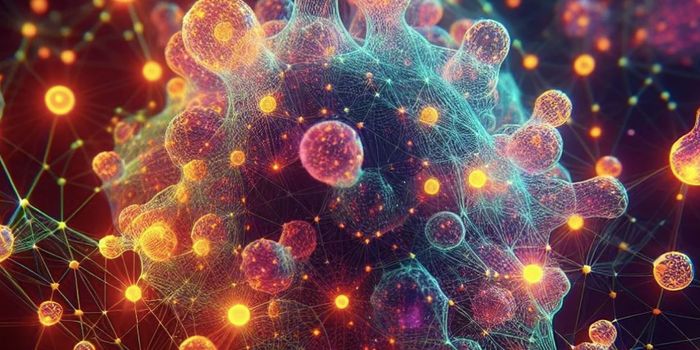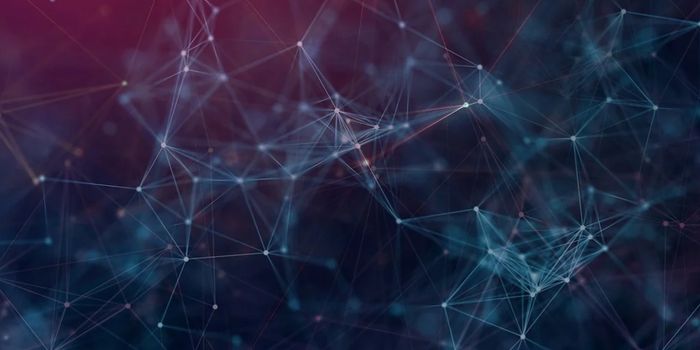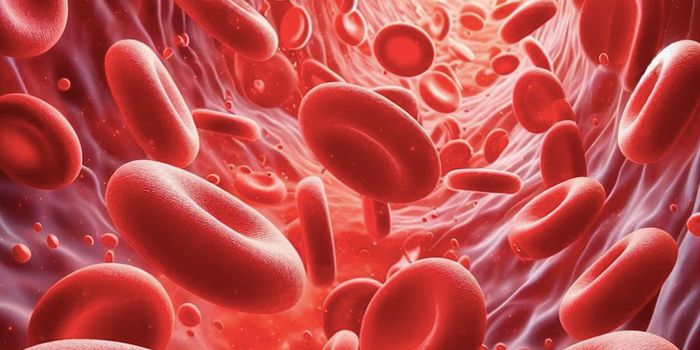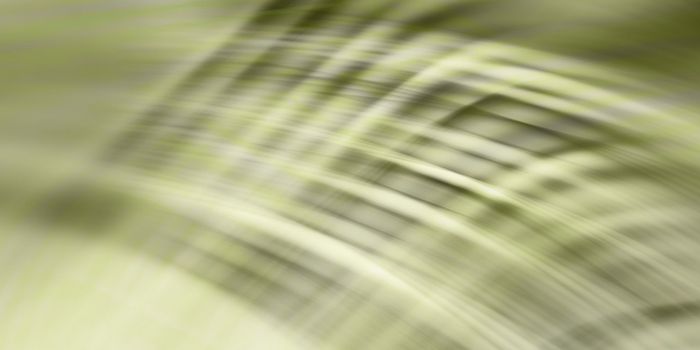Cell Waste Disposal Pathway May Open New Treatment Options for Neurodegeneration
Zellweger Spectrum Disorder (ZSD) is a term for a rare group of neurodegenerative disorders that are caused by mutations in various genes. These mutations interfere with peroxisome levels. Peroxisomes play a variety of roles and are crucial to metabolism and the breakdown of some toxins. In ZSD, disruptions in peroxisomes cause a buildup of unwanted substances, which can lead to symptoms like liver or kidney dysfunction, progressive neurodegeneration, and visual problems. Scientists may have found a new way to treat these disorders.
Reporting in Nature Communications, scientists have shown that by boosting a cellular recycling pathway, this toxic buildup can be reduced. This could be a possible strategy for treating ZSD.
When cells have to dispose of things that are worn out, dysfunctional, or not needed, for example, they can use a process called autophagy. In ZSD patients, autophagy is disrupted due to a lack of peroxisomes. The accumulation of cellular waste products can cause many problems.
But there are other cell recycling pathways that are used to eliminate unnecessary cellular components. Pexophagy, for example, is a process that recycles peroxisomes specifically.
The scientists involved in this work have previously shown that a mutation that commonly impacts ZSD patients also increases pexophagy significantly; this causes normal peroxisomes to be eliminated. This study has shown that aberrant increases in pexophagy can also interfere with the cell's ability to degrade other waste products.
"Our work demonstrates for the first time that different cellular recycling pathways can influence one another," said first study author Dr. Kyla Germain. "A cell's recycling system has a maximum load capacity: an autophagic limit. When this limit is exceeded, toxic cellular waste will accumulate."
This study also suggested that recycling can be boosted in cells by increasing autophagy. "These results are exciting as they show that through understanding a fundamental process that takes place in all our cells, we can potentially develop new and better treatments for a very serious condition," said study co-leader and physician Robert Bandsma, a Scientist in the Translational Medicine program at SickKids.
The investigators also noted that these findings could apply to other neurodegenerative conditions in which aberrant proteins accumulate and interfere with the removal of damaged peroxisomes, such as Parkinson's or Huntington's disease.
Now, these findings will be confirmed in pre-clinical models of ZSD. If therapeutics are found that can boost autophagy or limit pexophagy, it may lead to clinical tests of new ZSD treatments.
Sources: The Hospital for Sick Children, Nature Communications









